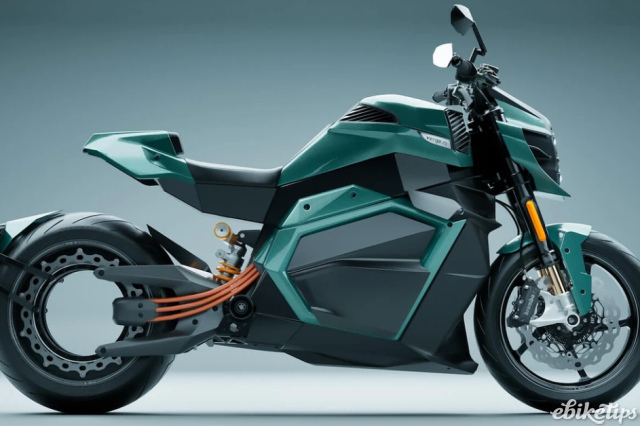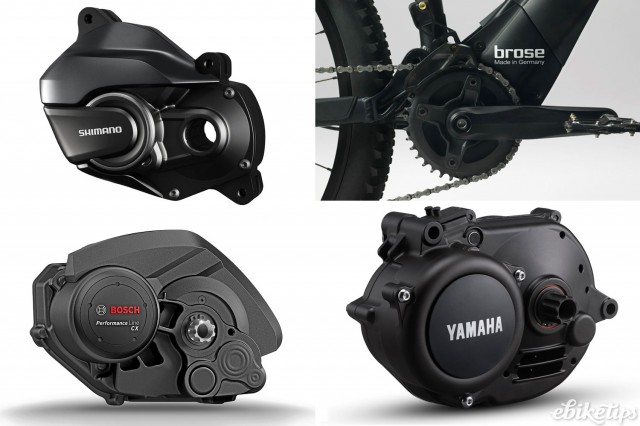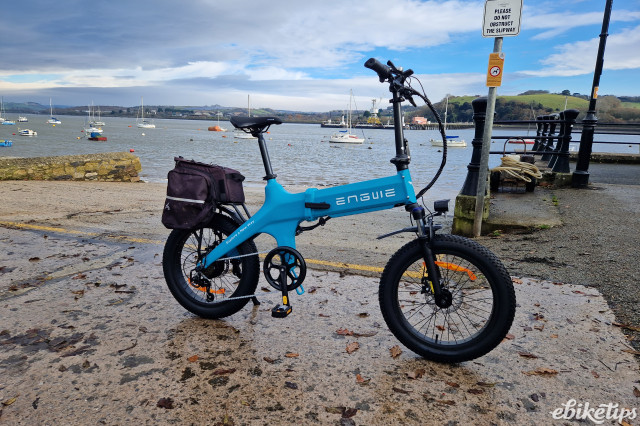City of London Police say that, on average, around five illegal e-bikes and e-scooters are being seized each week as part of “a crackdown against souped-up bicycles.” The force says that bikes modified to deliver speed and power above the legal limits for electrically assisted pedal cycles (EAPCs) are often being used to commit crimes such as drug dealing and phone snatching.
E-bikes that qualify as EAPCs do not need to be registered, taxed or insured, and riders do not need a licence. An EAPC must have pedals that can be used to propel it, its motor must have a maximum continuous rated power of 250W, and the motor should not provide assistance when the bike is travelling above 15.5mph.
Anything faster or more powerful needs to be type approved as a motor vehicle – as do bikes with motors that provide significant power assistance via a throttle.
Privately owned e-scooters, meanwhile, cannot be used on public roads as rental schemes are currently the only way to legally ride such vehicles.
Confiscated
Since July last year, 140 illegal e-bikes and e-scooters have been seized and taken off the roads as part of a targeted operation involving the City of London Police’s cycle team.
Chief Superintendent William Duffy, of the City of London Police, said: “This is good, intelligence led, proactive police work removing these dangerous bikes from our roads and streets. These bikes have been illegally modified and the people who are riding them are generally using them for phone snatching and other criminality.”
Fire risk
City of London Police also highlighted how illegal modifications can represent a fire risk, pointing people towards London Fire Brigade’s (LFB’s) #chargesafe campaign which aims to raise awareness of such issues.
Earlier this month, LFB backed a petition calling for e-bike conversion kits, batteries and chargers need to be more strictly regulated and for existing standards to be more strictly enforced.
The Office for Product Safety and Standards (OPSS) has since issued withdrawal notices to four online marketplaces requiring them to stop selling one particular "dangerous" e-bike battery – although campaigners say more needs to be done to prevent dangerous batteries entering homes in the first place.




